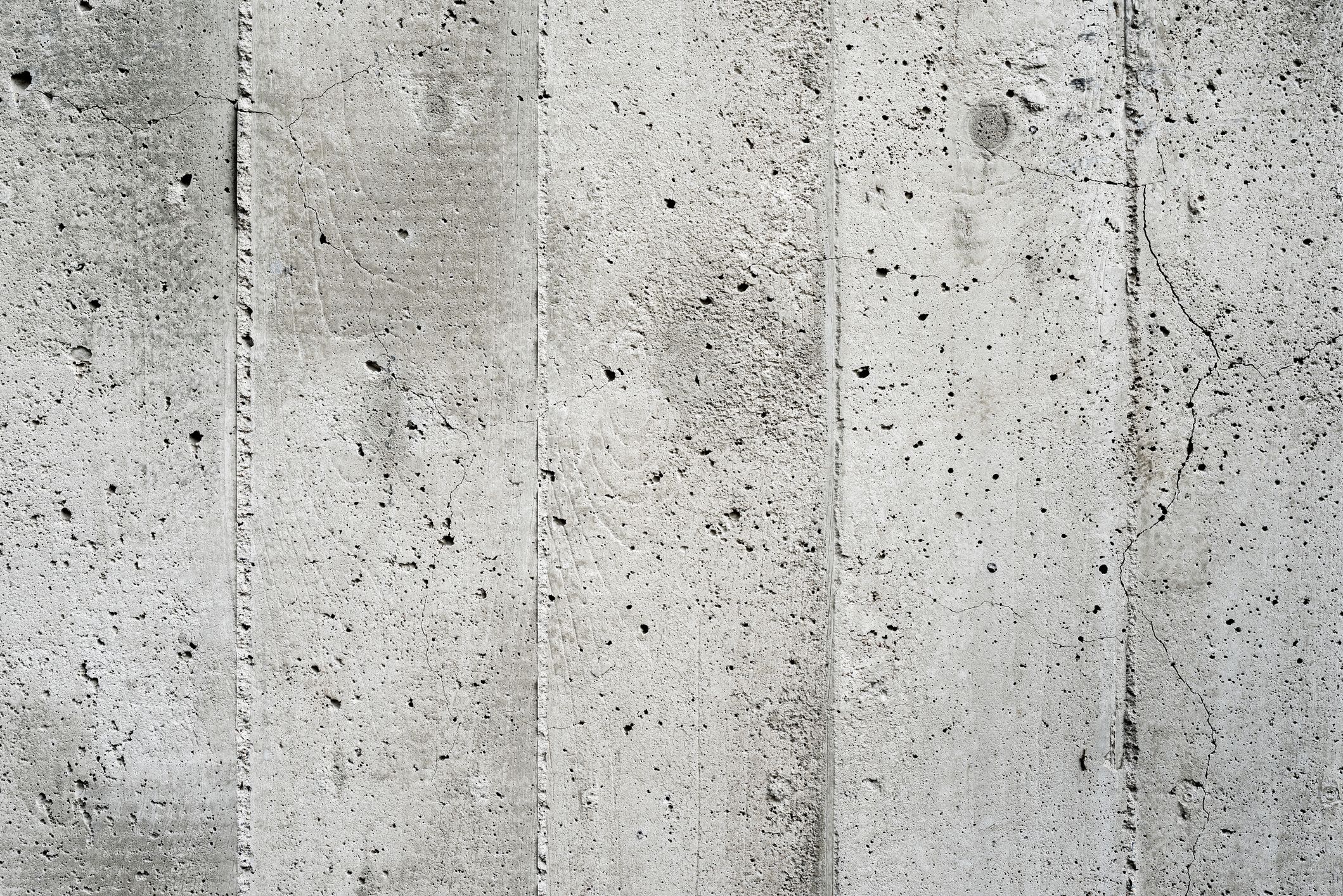Ingenious Concrete Layout: Boost Your Property with Customized Concrete Work
Wiki Article
Unveiling the Eco-Friendly Advantages of Using Recycled Concrete in Sustainable Construction Practices
In the world of lasting building methods, the use of recycled concrete stands as an essential yet often undervalued resource. Past its traditional applications, recycled concrete offers a myriad of environment-friendly benefits that prolong far past the confines of traditional building products. From decreasing environmental influence to improving cost-efficiency, the effects of integrating recycled concrete in lasting structure methods are substantial. This versatile material not only addresses pushing environmental issues yet additionally presents a practical solution to the difficulties faced by the building sector at big.Ecological Advantages
Undoubtedly, among one of the most significant advantages of utilizing recycled concrete is its favorable effect on the atmosphere. By integrating recycled concrete into building techniques, there is a significant decrease in the need for new raw materials, resulting in preservation of natural deposits. This procedure helps in protecting accumulations, water, and power that would have been utilized in generating brand-new concrete. In addition, making use of recycled concrete lessens the quantity of waste being sent out to garbage dumps, thereby minimizing ecological air pollution and relieving the stress on landfill capacities.

Additionally, the manufacturing of standard concrete is a considerable source of carbon emissions due to the energy-intensive procedure of concrete production. On the other hand, recycled concrete has a lower carbon impact as it lowers the need for new concrete manufacturing. This decline in carbon discharges adds to mitigating climate change and sustains sustainable construction methods. Generally, the ecological benefits of making use of recycled concrete are considerable and play an essential duty in promoting environment-friendly construction techniques.
Cost-Efficiency
Attaining cost-efficiency is a paramount factor to consider when analyzing the utilization of recycled concrete in building and construction projects. One of the key benefits of making use of recycled concrete is its cost-effectiveness contrasted to typical concrete.Moreover, the usage of recycled concrete can lead to cost savings in landfill expenses by drawing away concrete waste from disposal websites. This not just lowers the environmental influence but likewise removes the prices related to waste elimination. In addition, the sturdiness and efficiency of recycled concrete approach traditional concrete, ensuring that price savings do not compromise the high quality of the construction.
Resilience and Stamina
Recycled concrete deals comparable, if not premium, sturdiness and toughness properties to conventional concrete - Concrete. Through improvements in handling techniques and high quality control, recycled concrete can fulfill or exceed the performance criteria of conventional concrete.
Waste Decrease
When it comes to utilizing recycled concrete, waste reduction is a key benefit that adds dramatically to ecological preservation. By including recycled concrete right into building and construction projects, this waste is repurposed and diverted from landfills, reducing the total ecological effect of building tasks.Furthermore, the usage of recycled concrete can lead to cost financial savings for building and construction projects, as it is usually much more inexpensive than sourcing and moving new products - Concrete. In conclusion, waste decrease via the utilization of recycled concrete is a crucial component of sustainable building and construction practices that benefits both the atmosphere and the building and construction industry as a whole.
Energy Conservation
Power preservation is an important facet of sustainable construction methods, intending to lower the general power intake related to structure operations and materials manufacturing. Substantial power savings are accomplished compared to conventional concrete production review when it comes to utilizing recycled concrete in building. The process of creating weblink recycled concrete involves crushing and reusing existing concrete products, which takes in less energy than mining, handling, and delivering basic materials for brand-new concrete production. Additionally, using recycled concrete can aid lower the demand for virgin accumulation, further minimizing the energy-intensive removal and processing of natural deposits.Final Thought
Finally, the utilization of recycled concrete in lasting building and construction techniques provides numerous ecological benefits, cost-efficiency, sturdiness, stamina, waste reduction, and power conservation. By including recycled concrete into construction tasks, we can add to a more sustainable and environmentally pleasant future. It is necessary for the construction sector to prioritize making use of recycled products to help in reducing the environmental impact of building and construction activities.One of the key benefits of using recycled concrete is its cost-effectiveness contrasted to traditional concrete.Additionally, the usage of recycled concrete can lead to cost savings in landfill expenses by drawing away concrete waste from disposal sites. The longevity and efficiency of recycled concrete are equivalent to standard concrete, guaranteeing that price savings do not jeopardize the high quality read review of the construction.

Report this wiki page